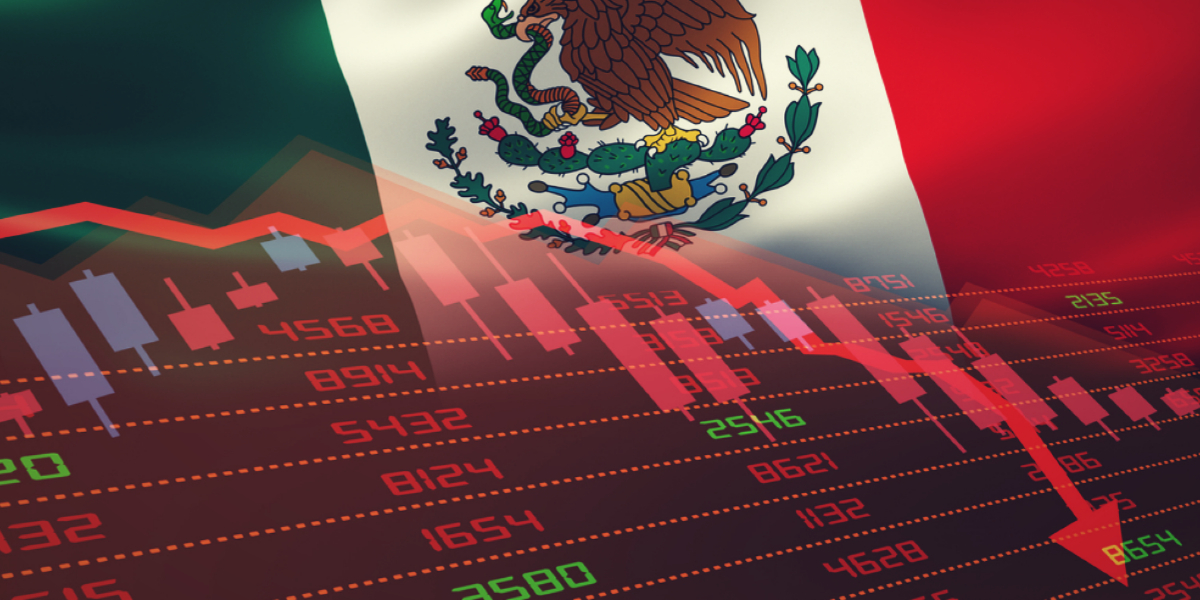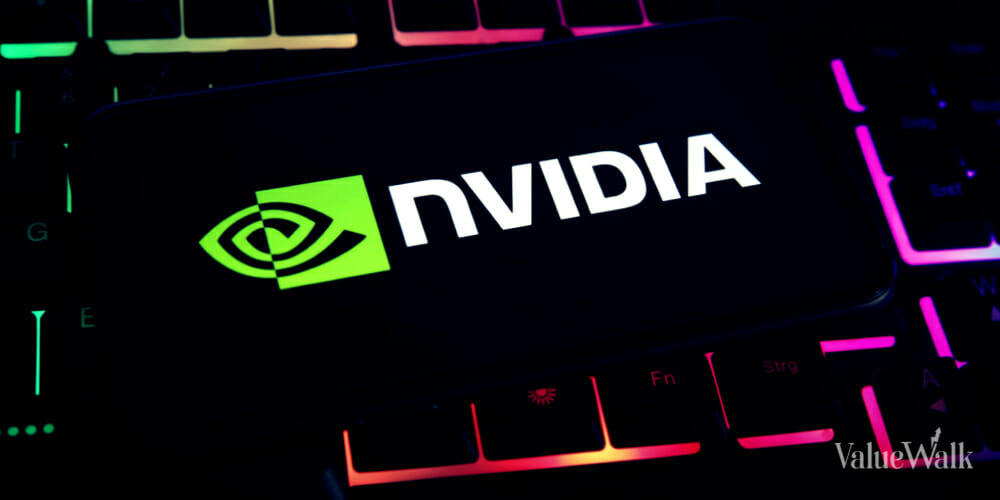Typically, exchange-traded funds (ETFs) that represent an entire country are viewed as safer and less volatile than individual stocks. However, Monday’s price action in Mexico-focused funds showed that any nation-focused asset can get slammed.
It’s an understatement to say that changes are afoot in Mexico. National reform can be a good thing, but the financial markets don’t always welcome big changes. A changing of the guard in the government can create uncertainty and disrupt the status quo, and the new leadership might not be perceived as business friendly.
Yet, with big changes and equally big market crashes can come huge opportunities for open-minded investors. As long as you’re willing to keep tabs on international politics and economics, there may be a prime value proposition as investors weigh Mexico’s uncertain future.
History is made
On June 3, former Mexico City mayor Claudia Sheinbaum easily defeated all the other candidates to become Mexico’s first female president. Affiliated with the Movement of National Regeneration or Morena party, Sheinbaum captured 58.6% of the counted votes versus just 28.4% for her closest competitor.
Hardly anyone expected her to lose, but her margin of victory was bigger than many people had anticipated. Furthermore, it appears that Sheinbaum and the Morena party will not only control the presidency but also secure a supermajority, or a two-thirds majority in Congress (versus a simple majority, which is over 50%).
As a result, they will be able to pass laws and make changes to Mexico’s constitution with little to no meaningful opposition. Sheinbaum is widely expected to continue the policy reforms of outgoing President Andrés Manuel López Obrador, although given the Morena party’s supermajority, that could easily change.
Moreover, Obrador will continue to serve as Mexico’s president until Oct. 1, so he might attempt to push through any number of legal and constitutional changes before then.
“If I’m an investor, I’m thinking these guys just got a blank check and what’s going to happen,” remarked Antonio Ocaranza, a Mexican political analyst. “… López Obrador wants to complete his agenda and take the political cost of those decisions while leaving Sheinbaum a blank slate to begin.”
Sheinbaum and her congressional allies could overhaul Mexico’s laws so that the government would take a stronger role in the telecommunications and electricity-production industries. On Wall Street, such changes may be viewed as non-business-friendly regulations.
Additionally, some investors might worry about concentration risk due to the supermajority.
“We’re now firmly in the territory of one-party rule in Mexico… Not just the presidency and Congress, but across the country. It’s an absolute tidal wave,” commented Duncan Wood, a senior adviser to the Wilson Center in Washington.
Manic Monday in Mexico
Thus, even as history was being made on Monday, market participants weren’t in much of a mood to celebrate. The Mexican peso declined by around 4% against the U.S. dollar, reaching its lowest relative level since November.
“A reason for the weaker peso is that there’s basically no strong opposition, this has been an issue on investors’ minds recently… You always want to have some counter balance in a democratic system,” explained Simon Quijano-Evans, chief economist at Gemcorp Capital Management.
Meanwhile, the S&P/BMV IPC, an index that tracks Mexican stocks, fell 6% on Monday.
Interestingly, Indian stocks rallied to all-time highs on the same day after exit polls suggested a very high probability that incumbent President Narendra Modi would be reelected. Again, it just goes to show that the markets like “more of the same” and get nervous when changes are coming.
What about U.S.-traded Mexico ETFs? There are two well-known ones: The iShares MSCI Mexico ETF (NYSEARCA:EWW) and the Franklin FTSE Mexico ETF (NYSEARCA:FLMX).
The iShares ETF tumbled 10.74% to $57.93 on Monday while the Franklin ETF dropped 10.03% to $28.78. Thus, there may be a value-investing opportunity south of the border. Yahoo! Finance calculated the trailing 12-month price-to-earnings (P/E) ratio for EWW as 11.97 and the P/E ratio for FLMX as 11.37.
Of course, you’re not supposed to buy stocks or funds solely based on P/E ratios. However, if EWW and FLMX currently trade at depressed valuations or at least reasonable ones, it’s not a terrible idea to diversify one’s portfolio with a Mexico-focused ETF or two.
After all, some folks would contend that U.S. stocks are richly valued now and that geographic diversification is a reasonable response. Of course, fear and uncertainty about political outcomes are usually transitory, and when the market eventually accepts that Mexico will survive regardless of who’s in charge, asset prices could resolve to the upside.














